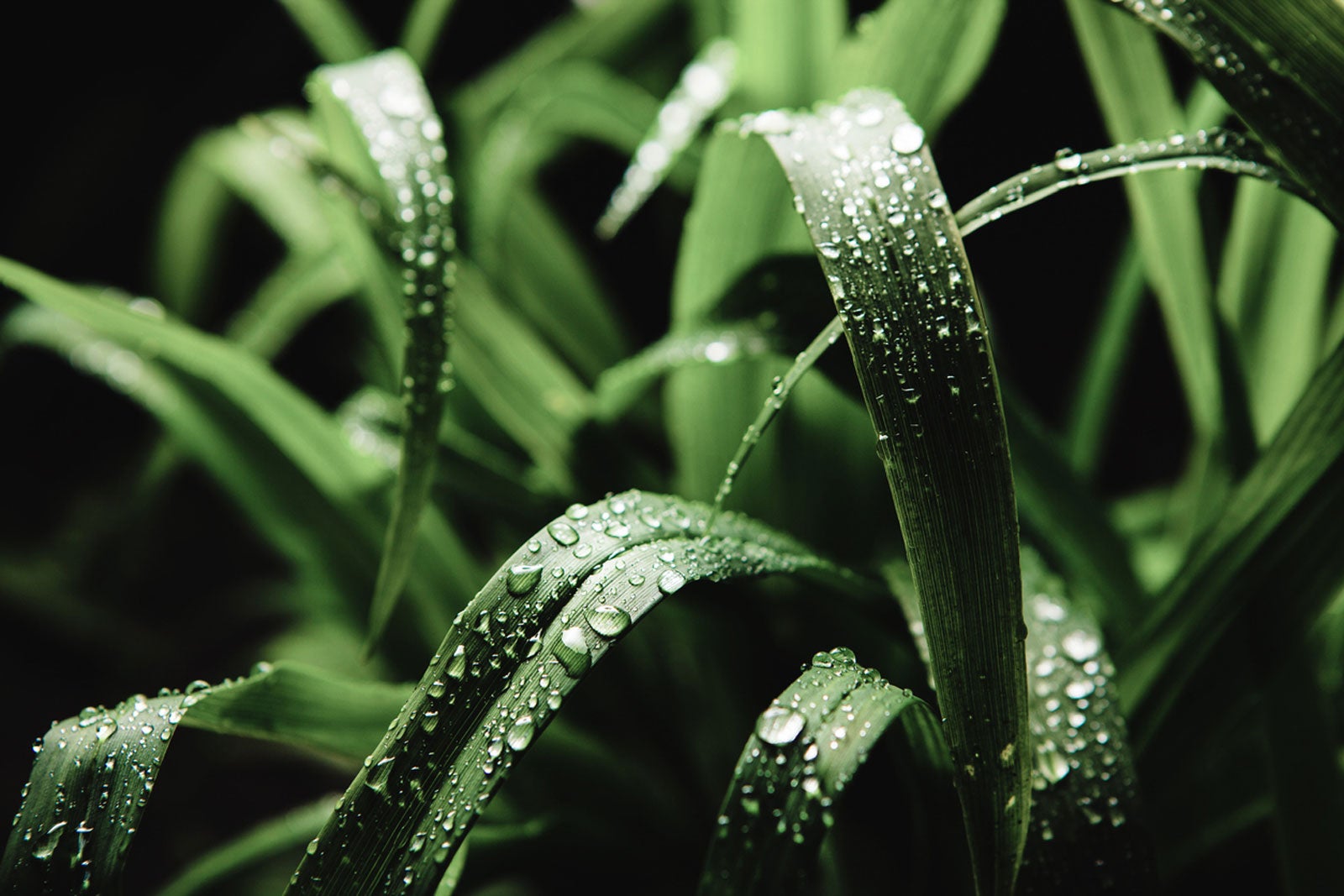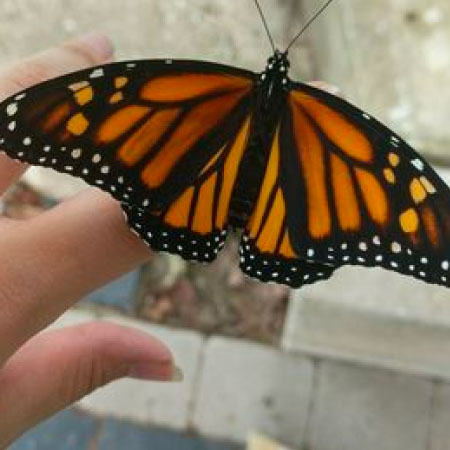What Is Citronella Grass: Does Citronella Grass Repel Mosquitoes


Many people grow citronella plants on or near their patios as mosquito repellents. Oftentimes, plants that are sold as “citronella plants” aren't true citronella plants or Cymbopogon. They are, instead, citronella scented geraniums, or other plants that simply have a citronella-like scent. These citronella scented plants don't actually have the same oils that repel mosquitoes.
So while they may be pretty and nice smelling, they’re not effective in doing what they were probably purchased to do – repel mosquitos. In this article, learn about growing citronella grass and using citronella grass vs. lemongrass or other citronella scented plants.
What is Citronella Grass?
True citronella plants, Cymbopogon nardus or Cymbopogon winterianus, are grasses. If you are purchasing a “citronella plant” that has lacy foliage instead of grass blades, it is probably a citronella scented geranium, which is often sold as a mosquito repelling plant but is actually ineffective at repelling these insects.
Citronella grass, on the other hand, is a clump-forming, perennial grass in zones 10-12, but many gardeners in northern climates grow it as an annual. Citronella grass can be a dramatic addition to containers, but it can grow 5-6 feet (1.5-2 m.) tall and 3-4 feet (1 m.) wide.
The citronella grass plant is native to tropical areas of Asia. It is grown commercially in Indonesia, Java, Burma, India, and Sri Lanka for use in insect repellents, soaps, and candles. In Indonesia, it is also grown as a popular food spice. In addition to its mosquito-repelling properties, the plant is also used to treat lice and other parasites, like intestinal worms. Other herbal uses of citronella grass plant include:
- relieving migraines, tension, and depression
- fever reducer
- muscle relaxer or antispasmodic
- anti-bacterial, anti-microbial, anti-inflammatory, and anti-fungal
- oil from the plant is used in many cleaning products
Though citronella grass may sometimes be called lemongrass, they are two different plants. Lemongrass and citronella grass are closely related and can look and smell very similar. However, citronella grass has reddish colored pseudostems, while lemongrass is all green. The oils can be used similarly, though they are not exactly the same.
Does Citronella Grass Repel Mosquitoes?
The oils in citronella grass plants are what repel mosquitoes. However, the plant does not release the oils when it is just growing in a spot.
Sign up for the Gardening Know How newsletter today and receive a free copy of our e-book "How to Grow Delicious Tomatoes".
For the mosquito-repelling oils to be useful, they need to be extracted, or you can simply crush or press the grass blades and rub them directly on clothes or skin. (Be sure to test a small area of your skin for an allergic reaction first.)
As a companion plant in the garden, citronella grass can deter whiteflies and other pests that get confused by its strong, lemony scent.
When growing citronella grass, place it in a location where it can receive bright but filtered sunlight. It can scorch or wilt in areas with too much intense sun.
Citronella grass prefers moist, loamy soil. It has high watering needs, so if grown in a container, water it every day. Citronella grass can be divided in spring. This is also a good time to give it an annual dose of nitrogen-rich fertilizer.

Darcy is a former contributor to Gardening Know How. She is a professional landscape designer and gardening writer with experience in plant sales. An avid gardener, Darcy has a passion for sharing practical tips to help others grow.